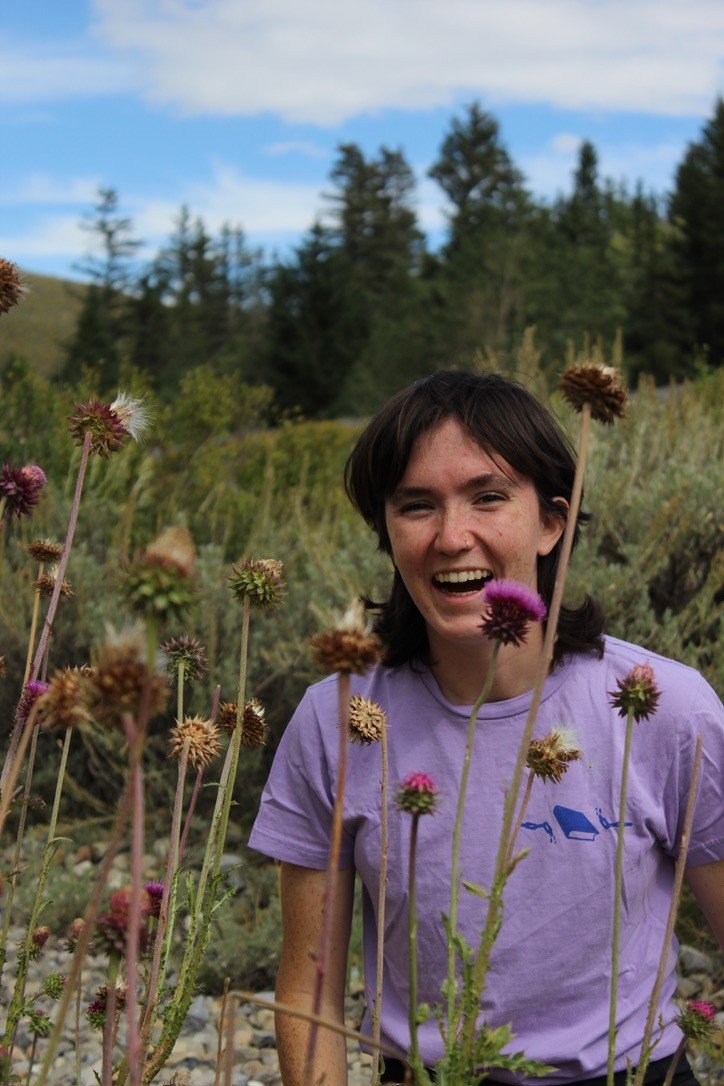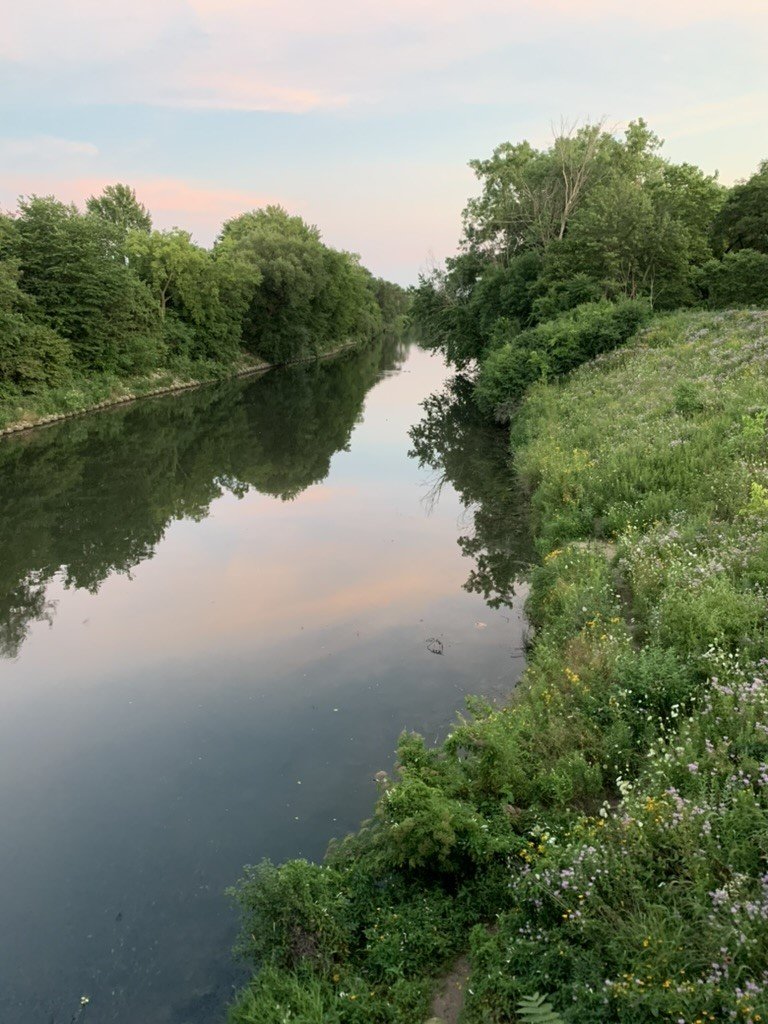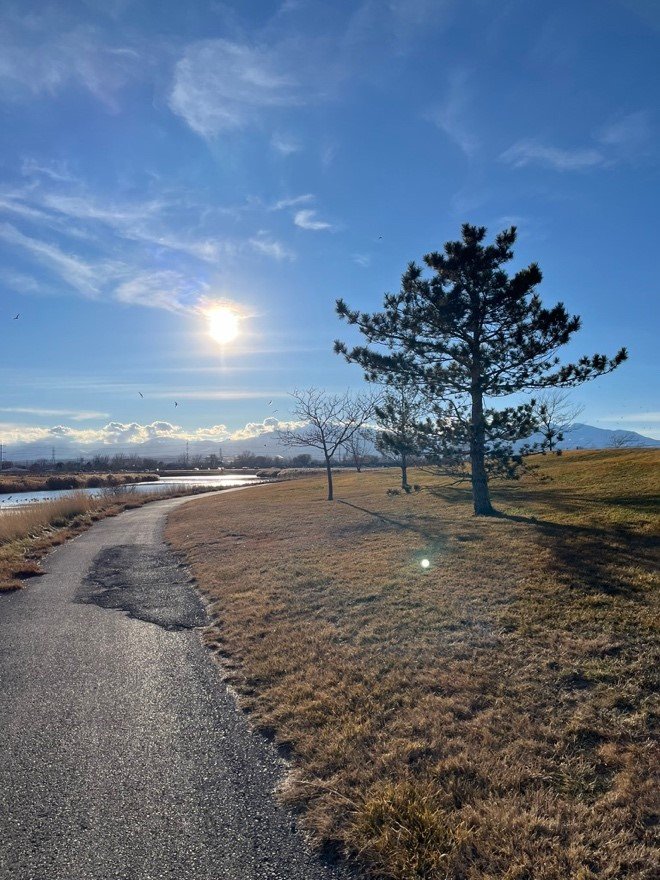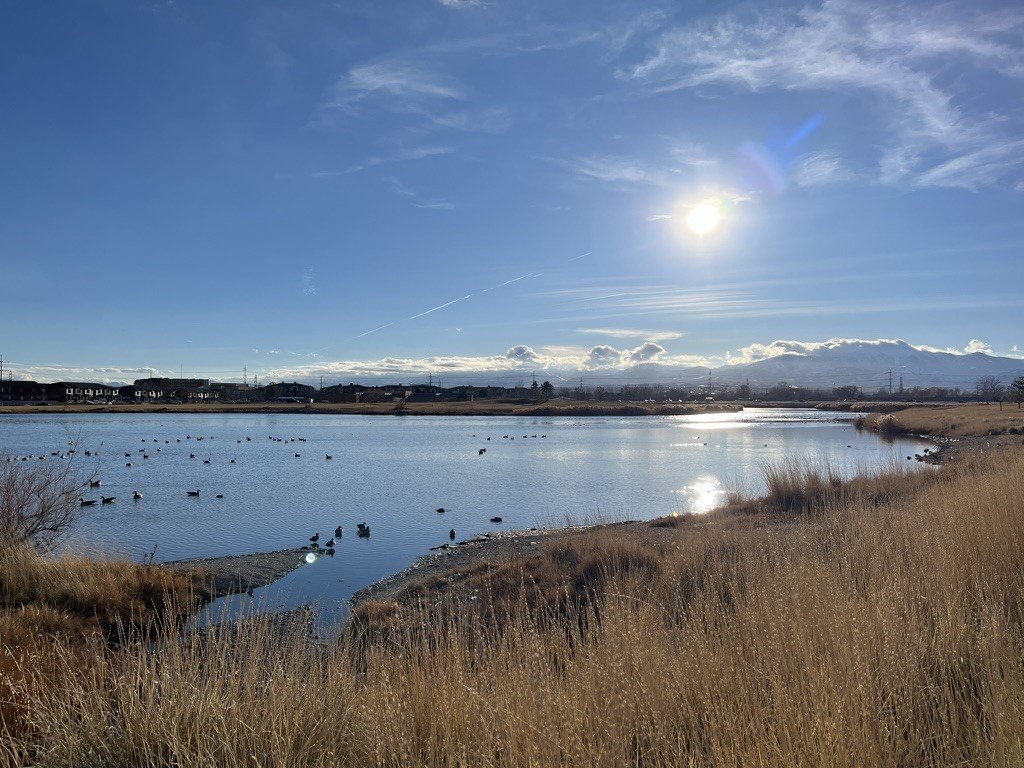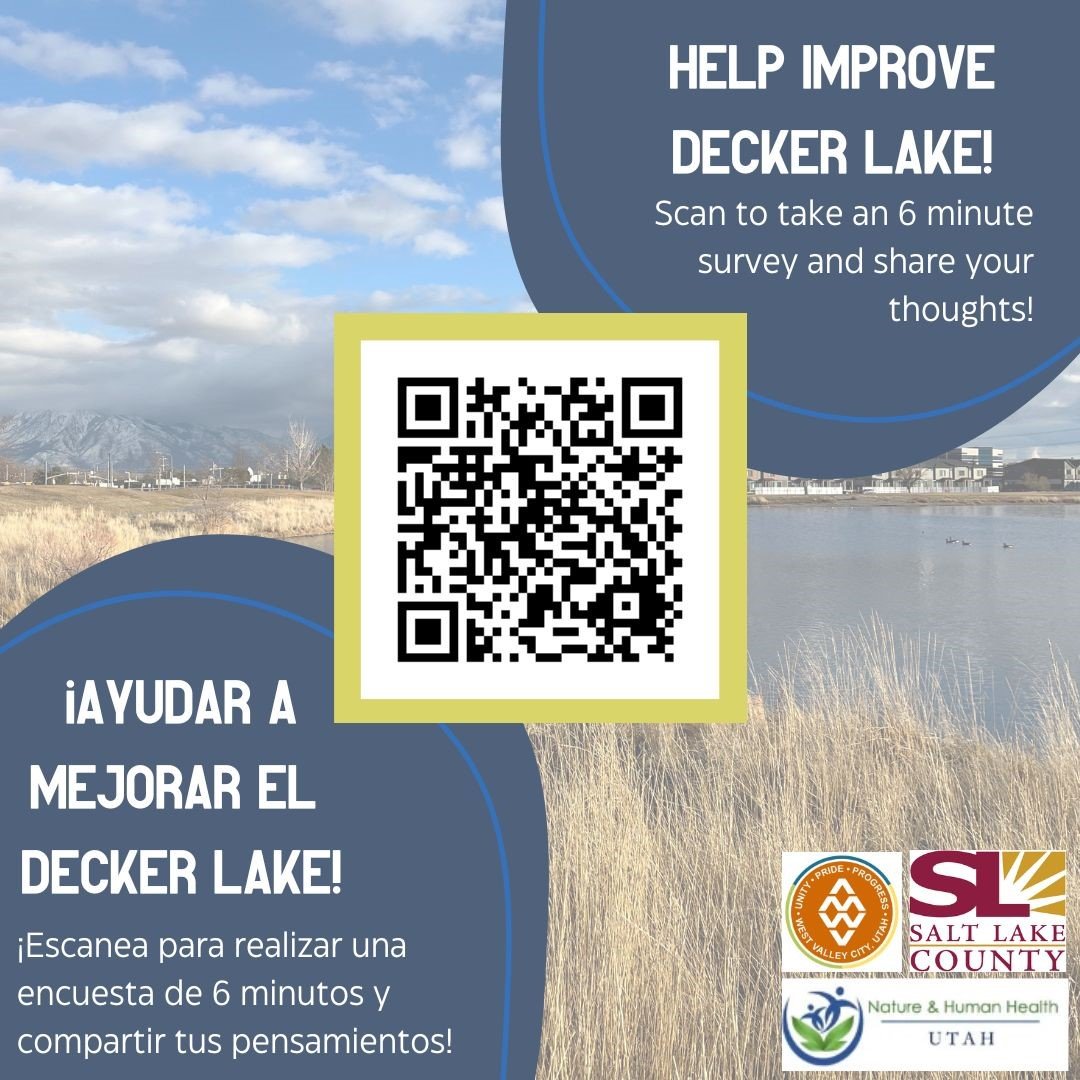Introducing Maggie!
I am a second-year graduate student in the Environmental Humanities program, and I am thrilled to be joining Nature and Human Health-Utah as the program’s first graduate fellow.
I come to Utah from Chicago, where my earliest connections to nature happened along shorelines and shady spaces in the city’s beaches and parks. I grew up running along the steep banks of the Chicago River and feel most at home in places where plants, animals, and humans collide and coexist in unlikely assemblages. I’ve used my time in graduate school to pursue a deep interest in urban ecology and study how humans connect to plants, animals, and each other in places that have a high degree of human design or disturbance. I’m interested in how urban parks and public lands can foster meaningful connections between humans and nonhumans, support species richness, and positively impact human health!
I began my fellowship eager to learn more about the research landscape of park use and health outcomes. Some studies show a gap between the intentional design of landscapes and how users perceive and interact with those spaces, which made me curious to hear how people visiting parks in the Salt Lake Valley interpret their park experiences, and whether they perceive health benefits related to their park use. In this time, I learned about a Nature and Human Health-Utah pilot grant recipient using funds to add interpretive wayfinding and birding signage at Decker Lake Park.
Decker Lake Park is a 52-acre urban park in West Valley City. It has grassy areas, a walking path around a large pond with riparian plants, and lies along the Crosstowne trail, which connects Magna to the Jordan River. Decker Lake is frequented by a host of migratory birds- 184 species have been recorded through community science on Ebird! Supporting the work of the grant team with a survey assessing health perceptions and park usage seemed like a great way to connect with a cohort of nonprofit and government agency stakeholders dedicated to improving the park, and to connect with West Valley City residents and other park users with connection to the area.
I’m interested in fostering community engagement and participation in parks planning and seek to do work that makes park spaces engaging, accessible, and culturally relevant to users. Nature and Human Health-Utah is a great organization to support these goals, and to support my developing techniques for stakeholder engagement. I was inspired by the recent NHH-UT landscape assessment to conduct a mini-landscape assessment to determine how work about health perceptions could best fit in with groups interested in Decker Lake. I learned quickly that there is a lot of momentum going into Decker Lake this year, between academic research, nonprofit engagement, and government agency improvements.
I met with the team administering the NHH-UT pilot grant and an Active People, Healthy Utah grant from Get Healthy Utah, and through a few review sessions, created a survey that serves both their needs and my research interests, and builds on previous research about recreation habits in West Valley City. The survey is made with branches for users of Decker Lake and people who do not visit the park, to capture a range of uses, health outcomes, accessibility needs, and attitudes about park improvements. The final product of this survey will be a report for government stakeholders at Salt Lake County and West Valley City, and a public-facing brochure communicating the survey’s results, and general information about linkages between urban nature and health.
My survey is now live, and if you visit Decker Lake, or live or work in West Valley City, I’d love hear your thoughts on use and barriers to use, health benefits, and connection to nature at Decker Lake! I’m excited to meet some of you all at upcoming NHH-UT events, and to deepen my connection with this fantastic community.
